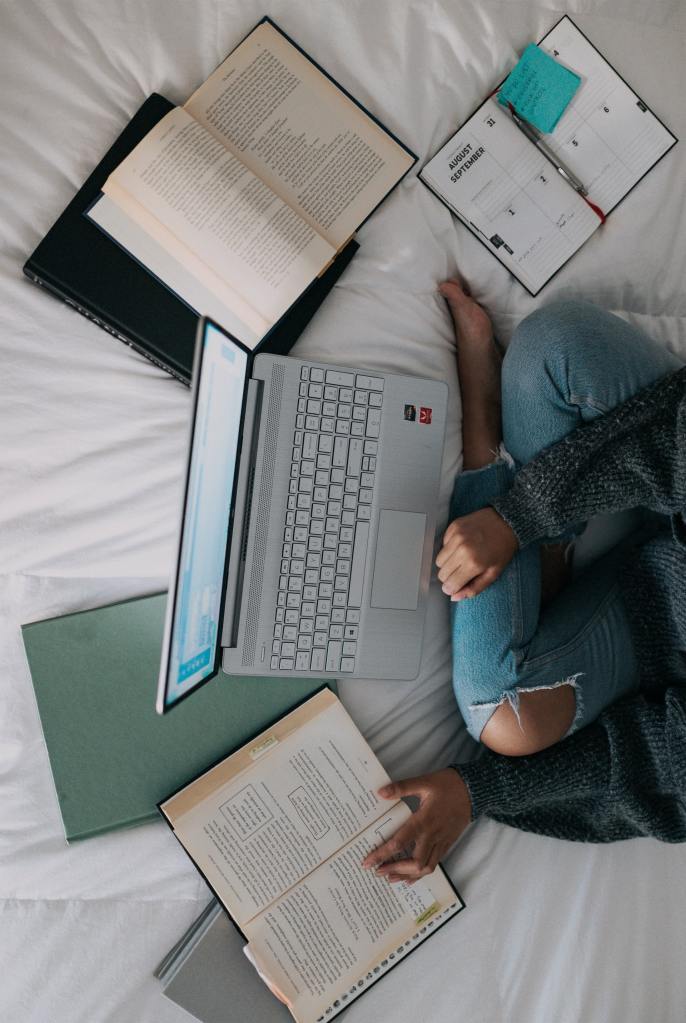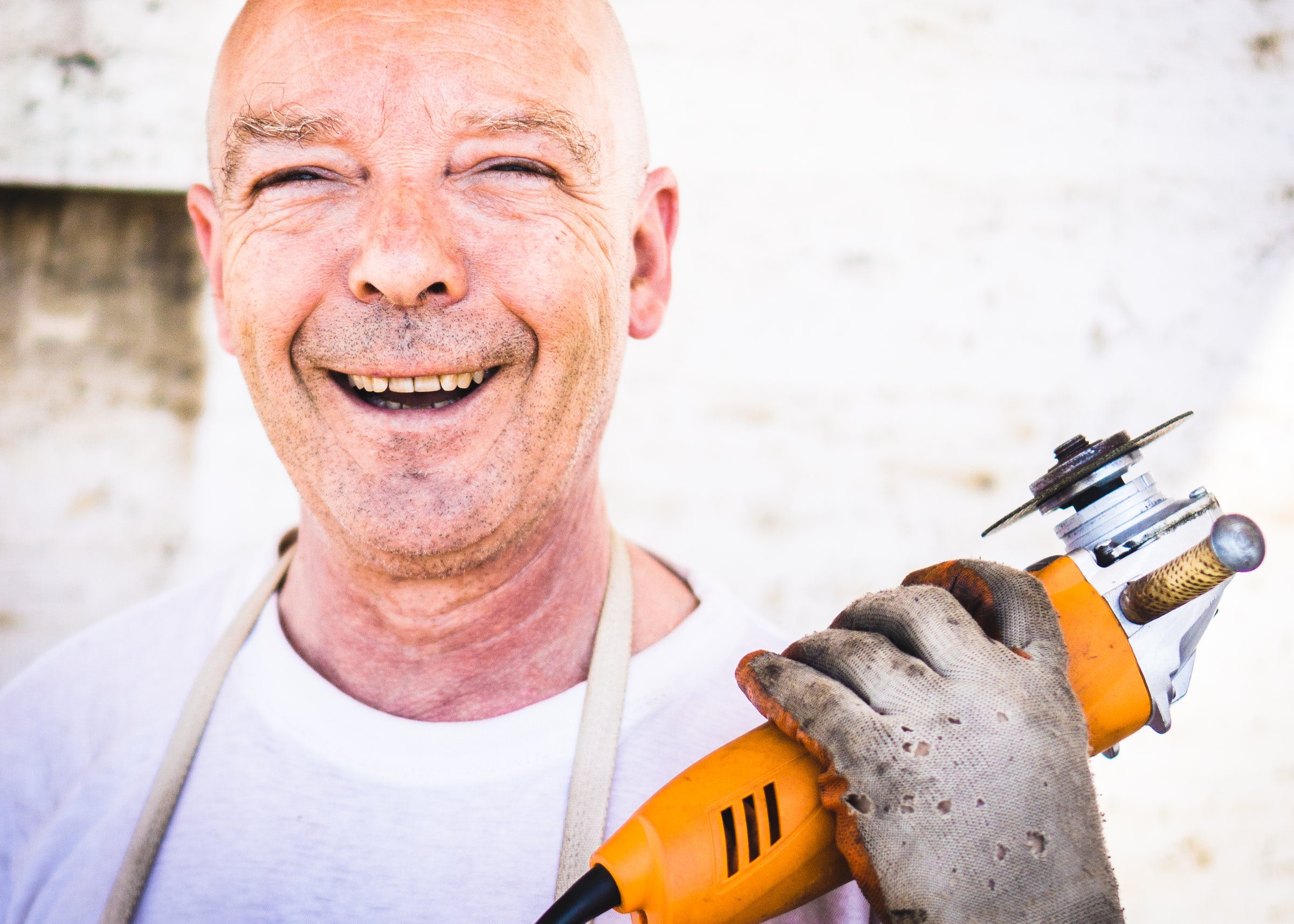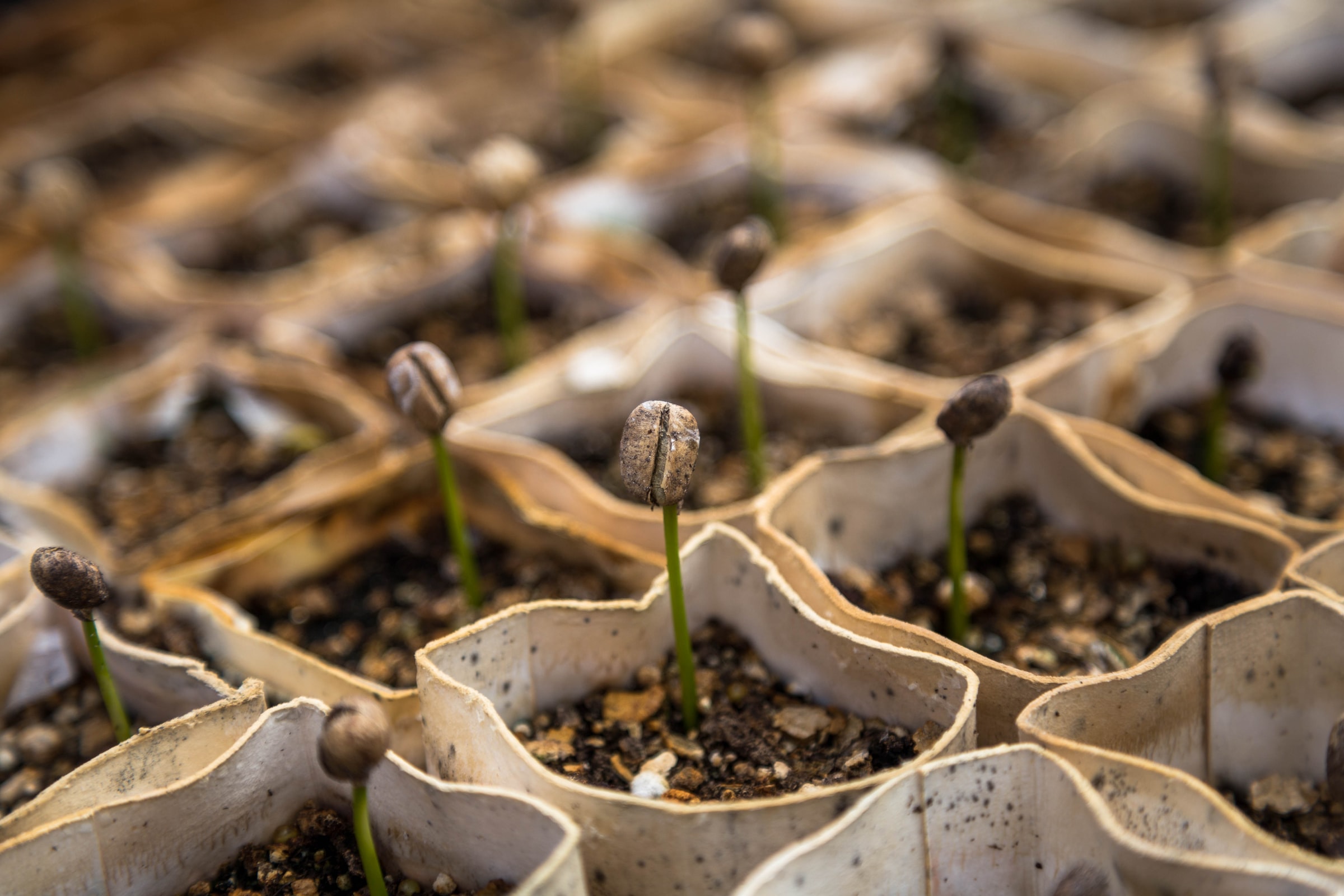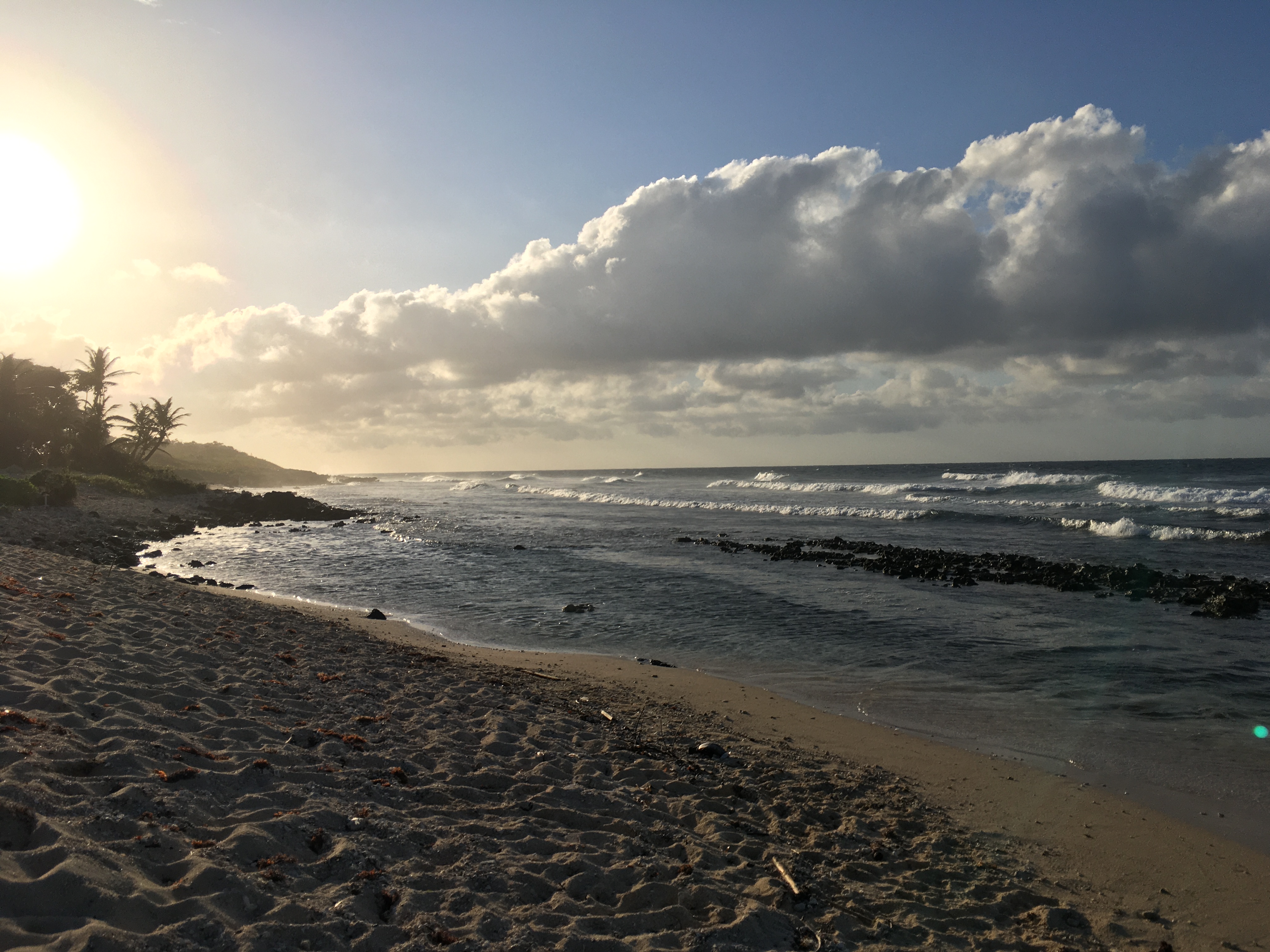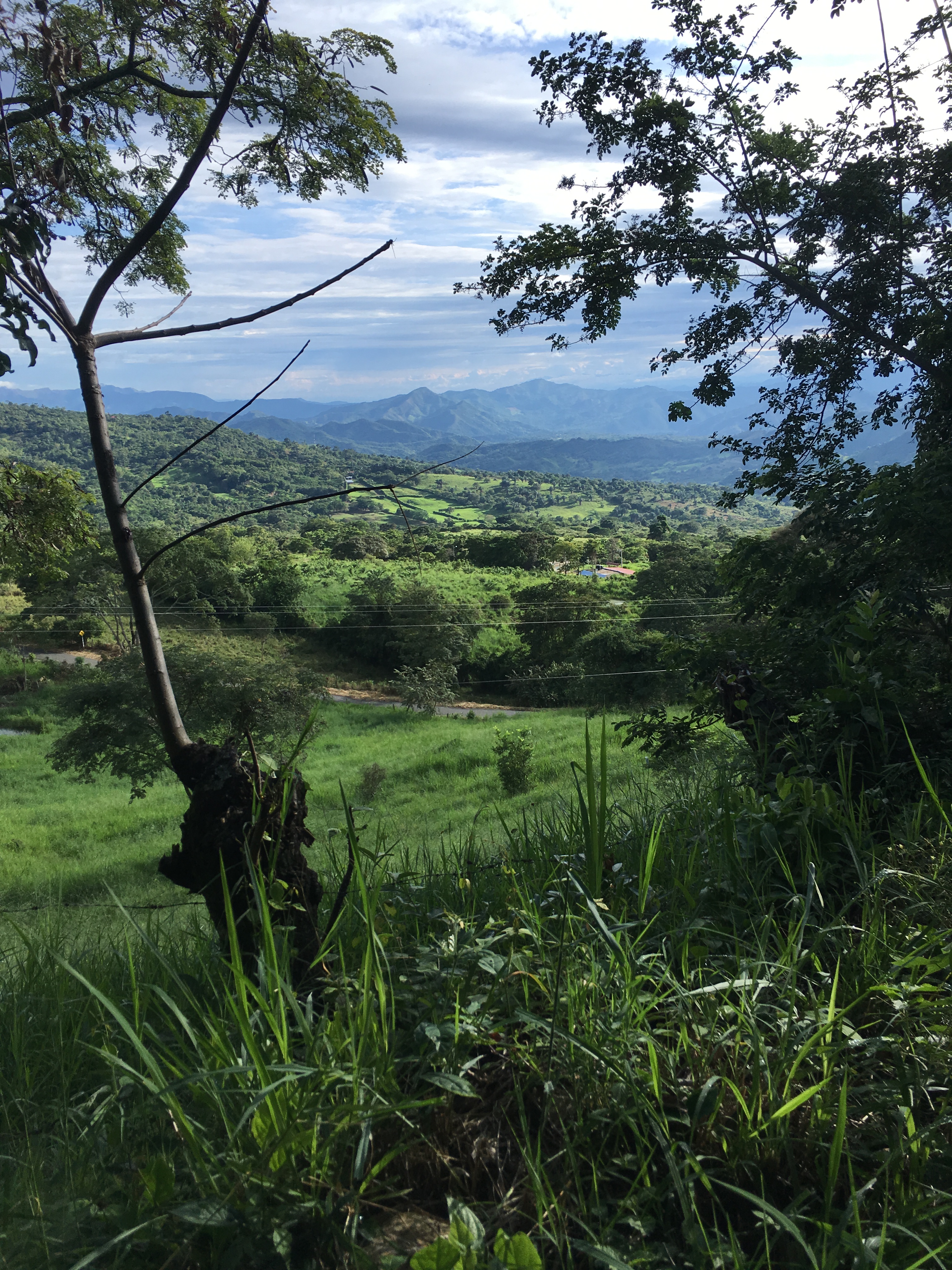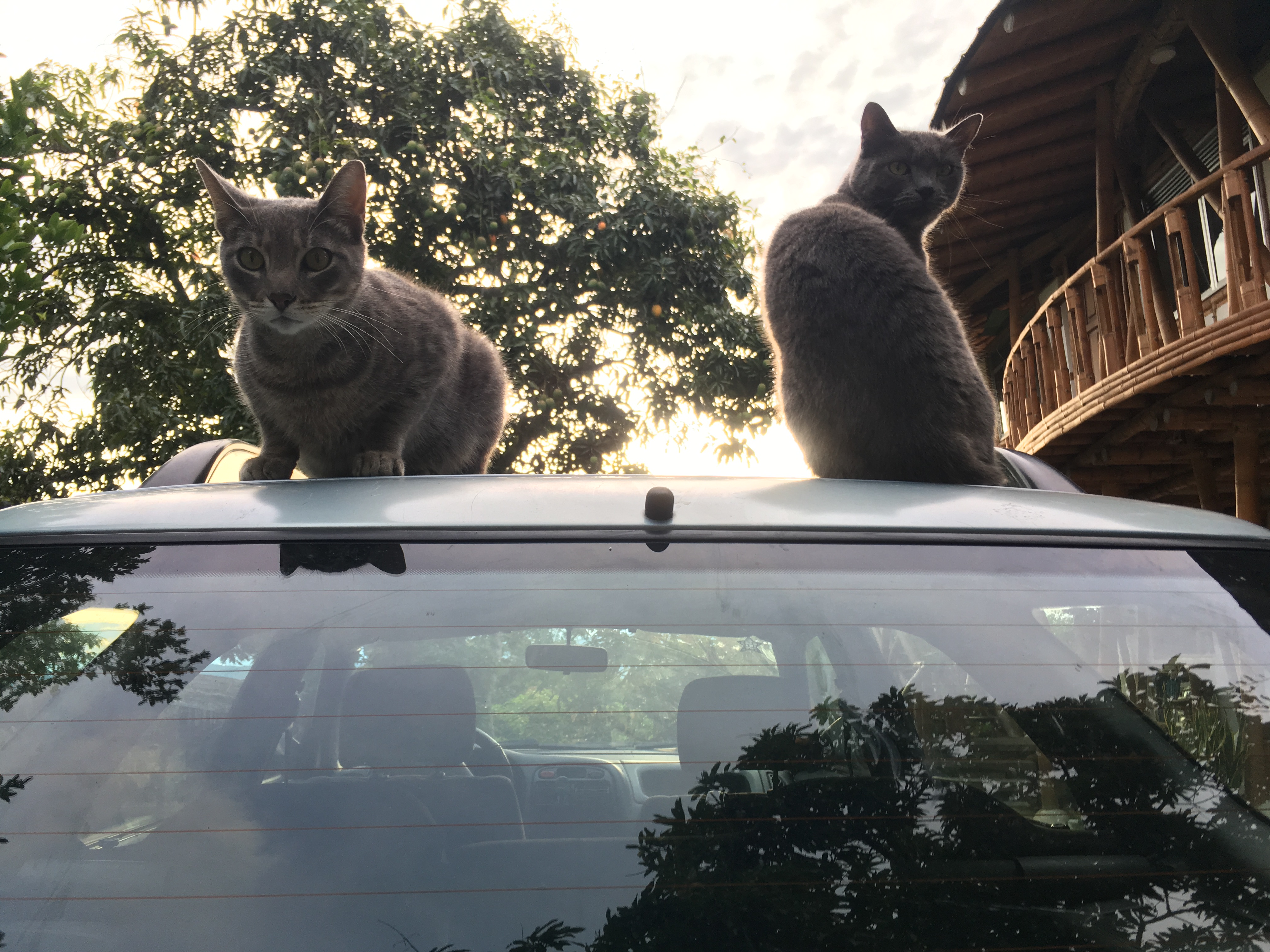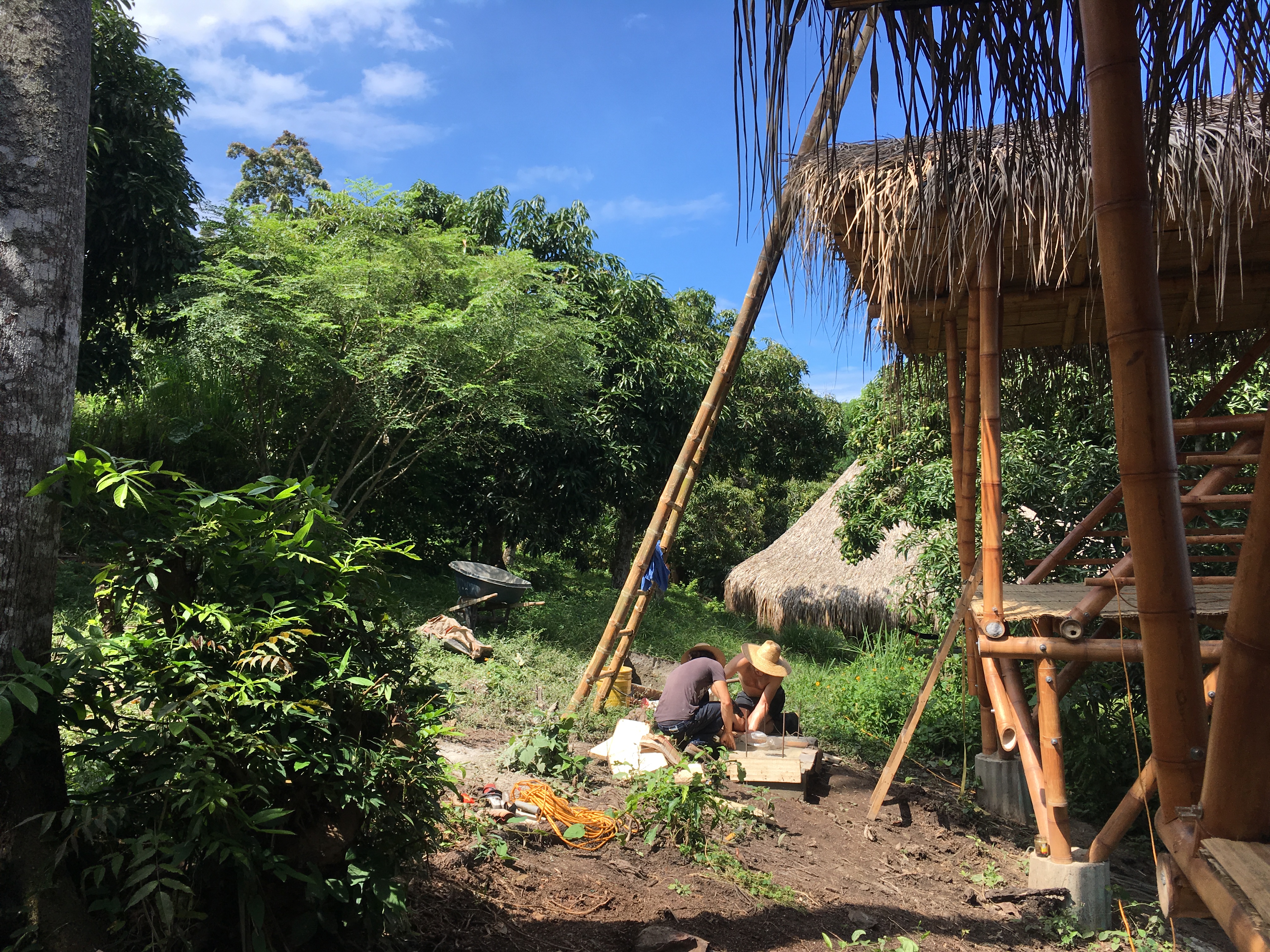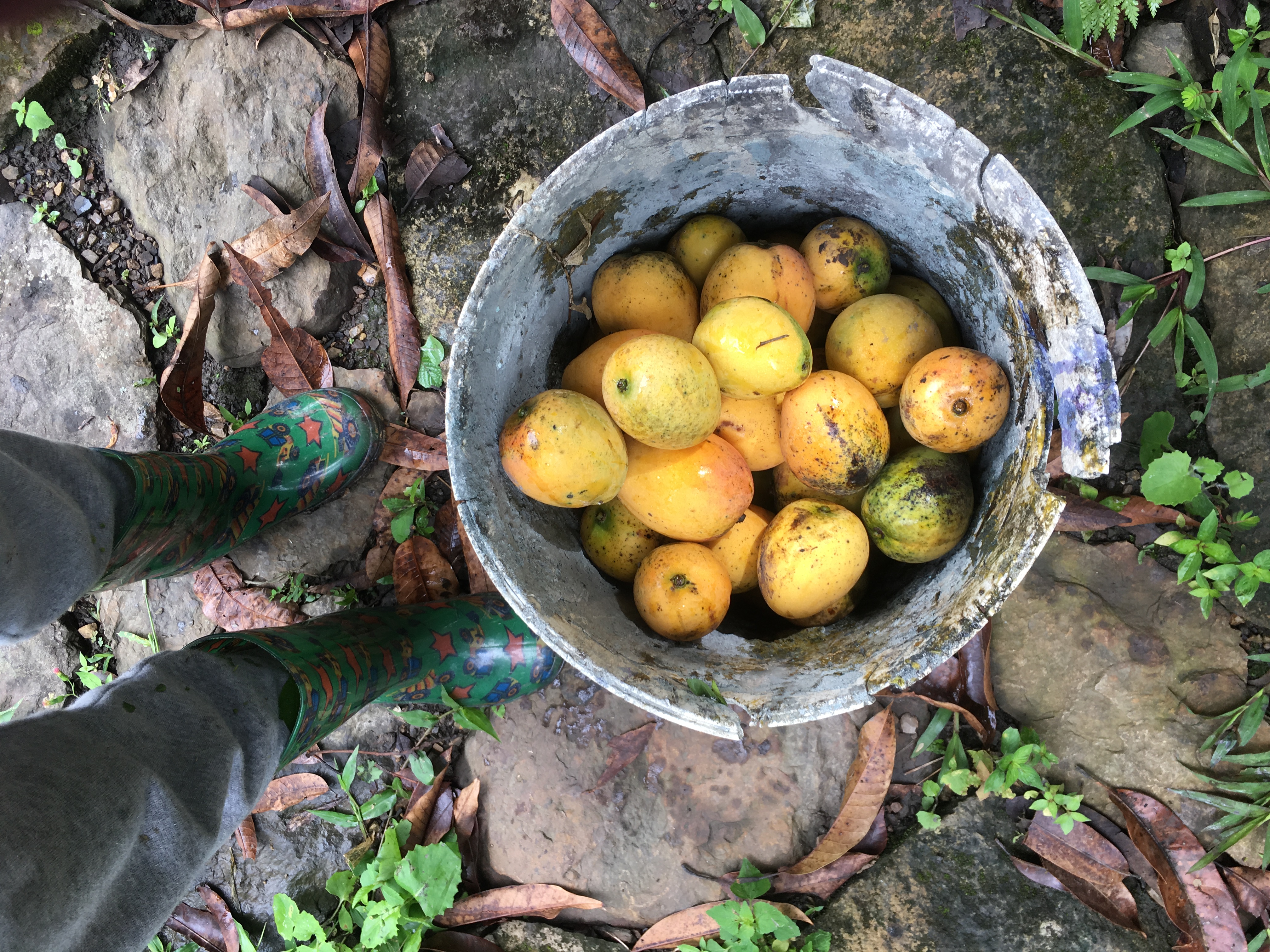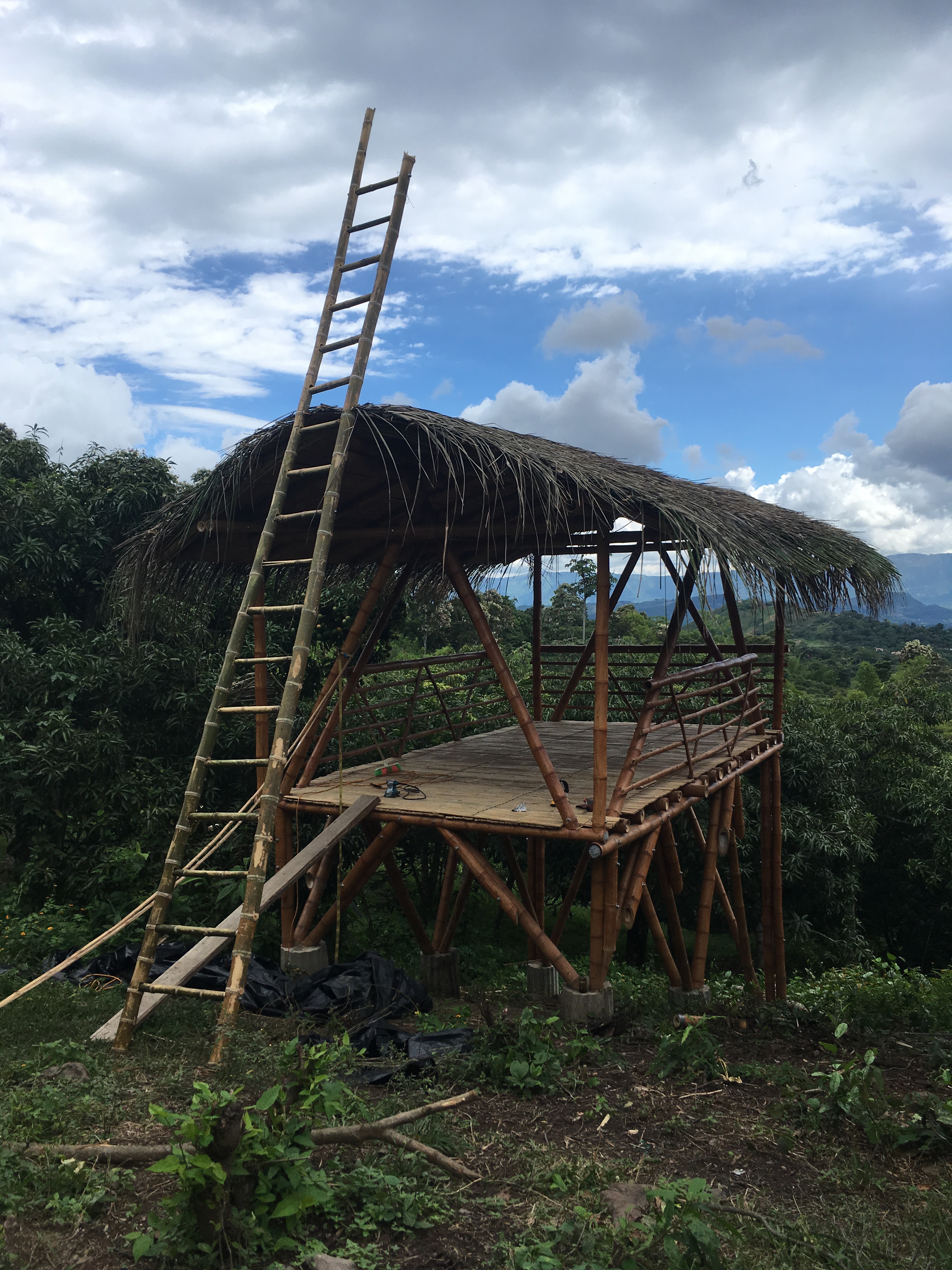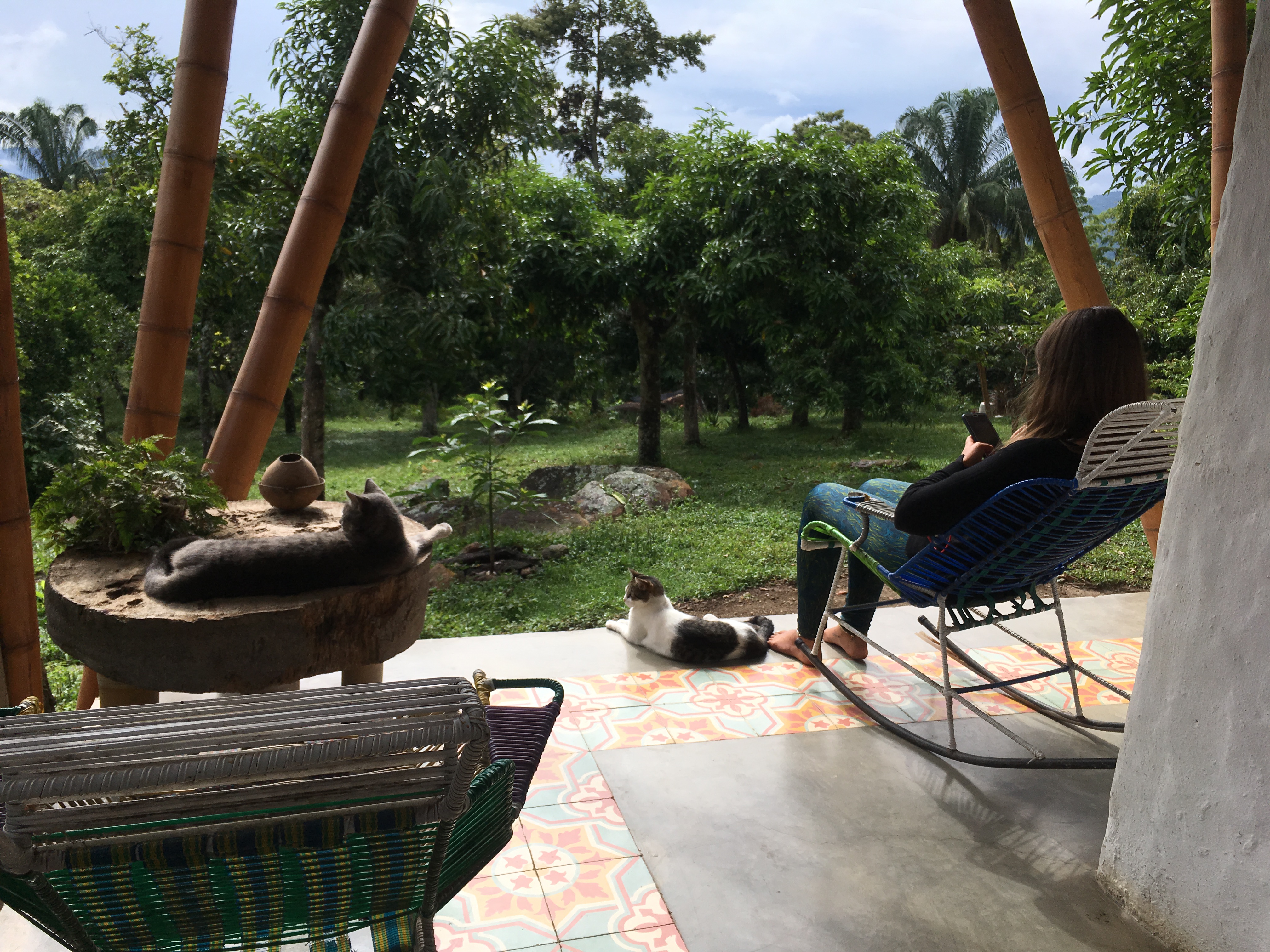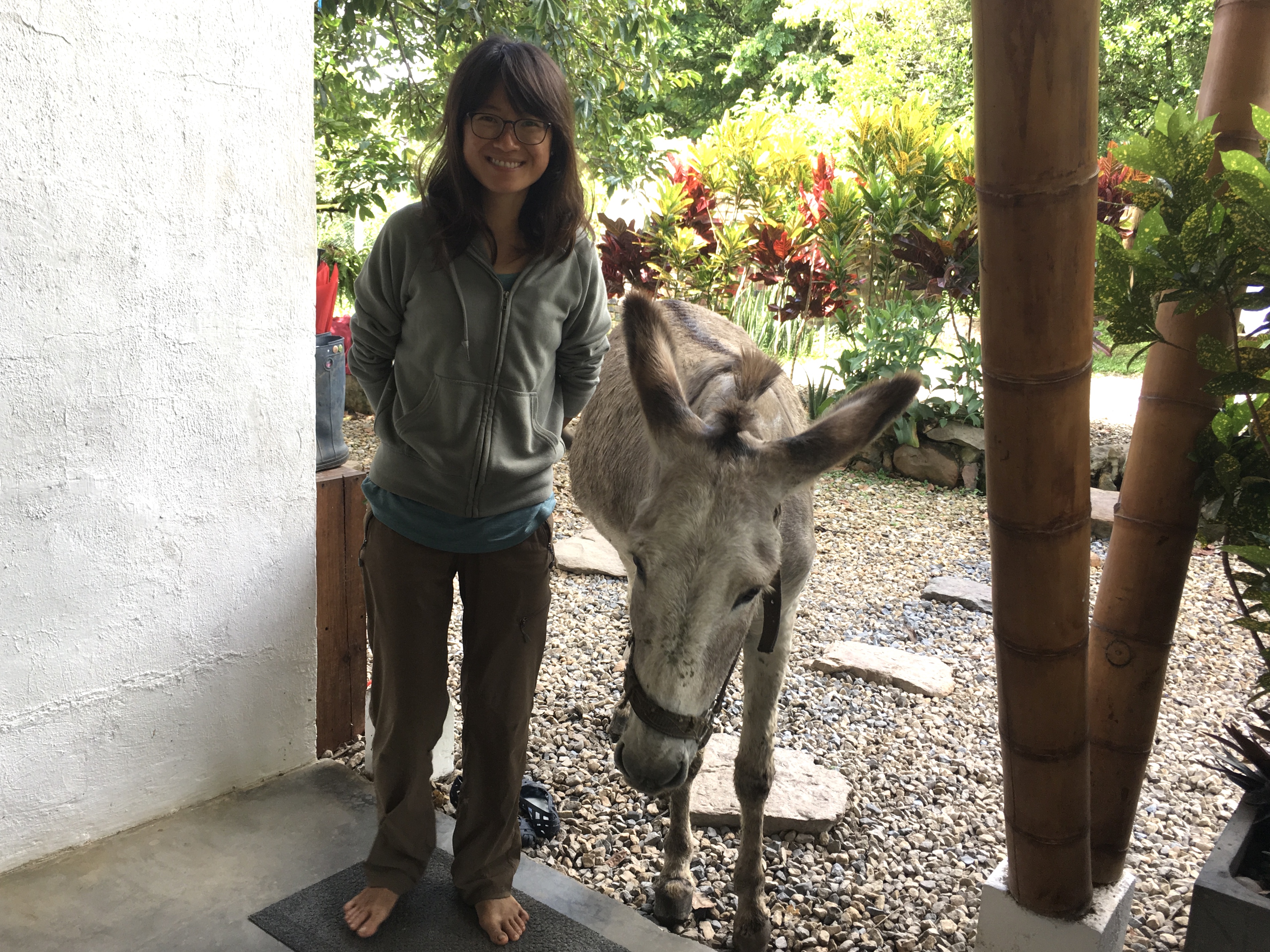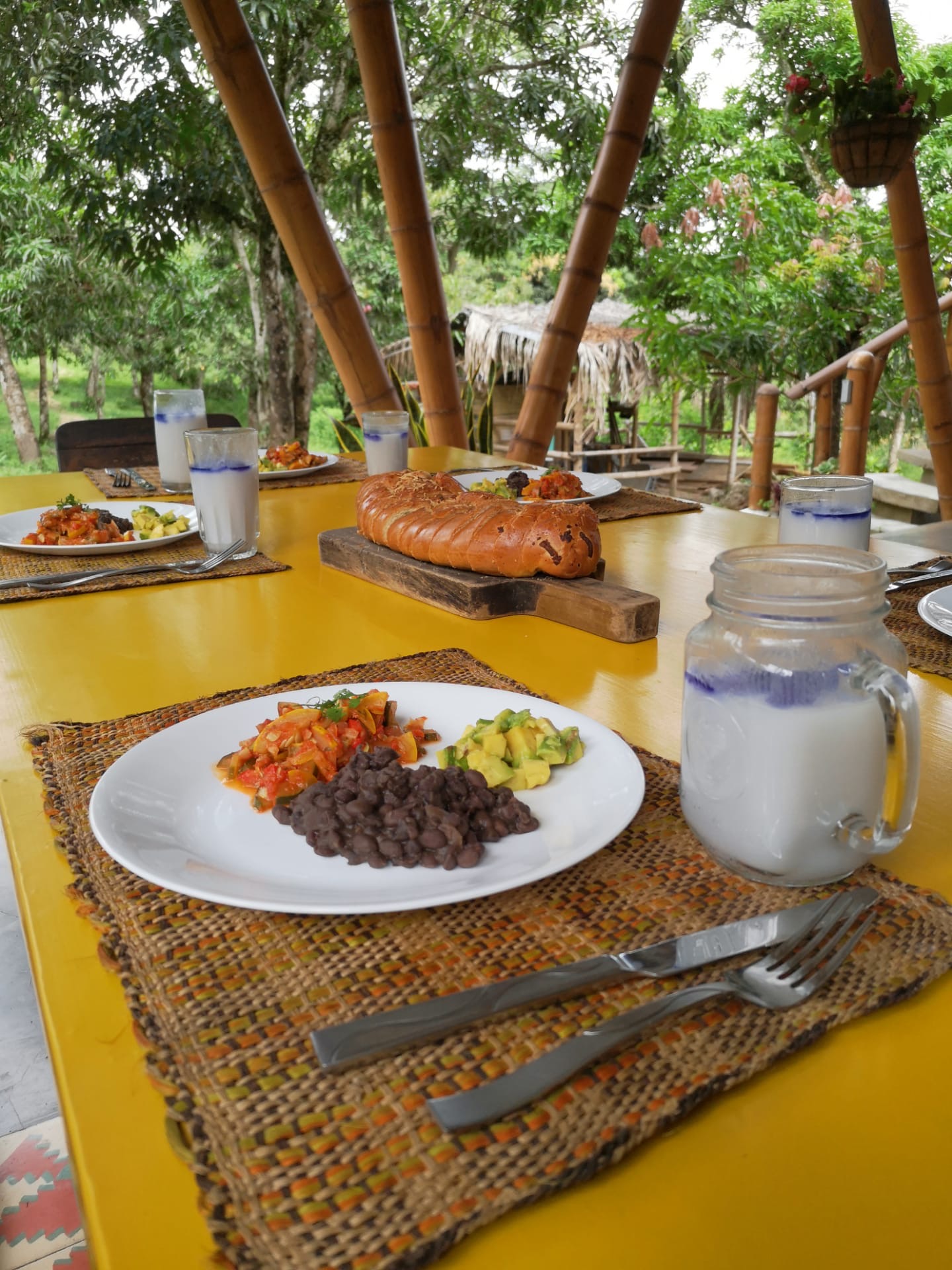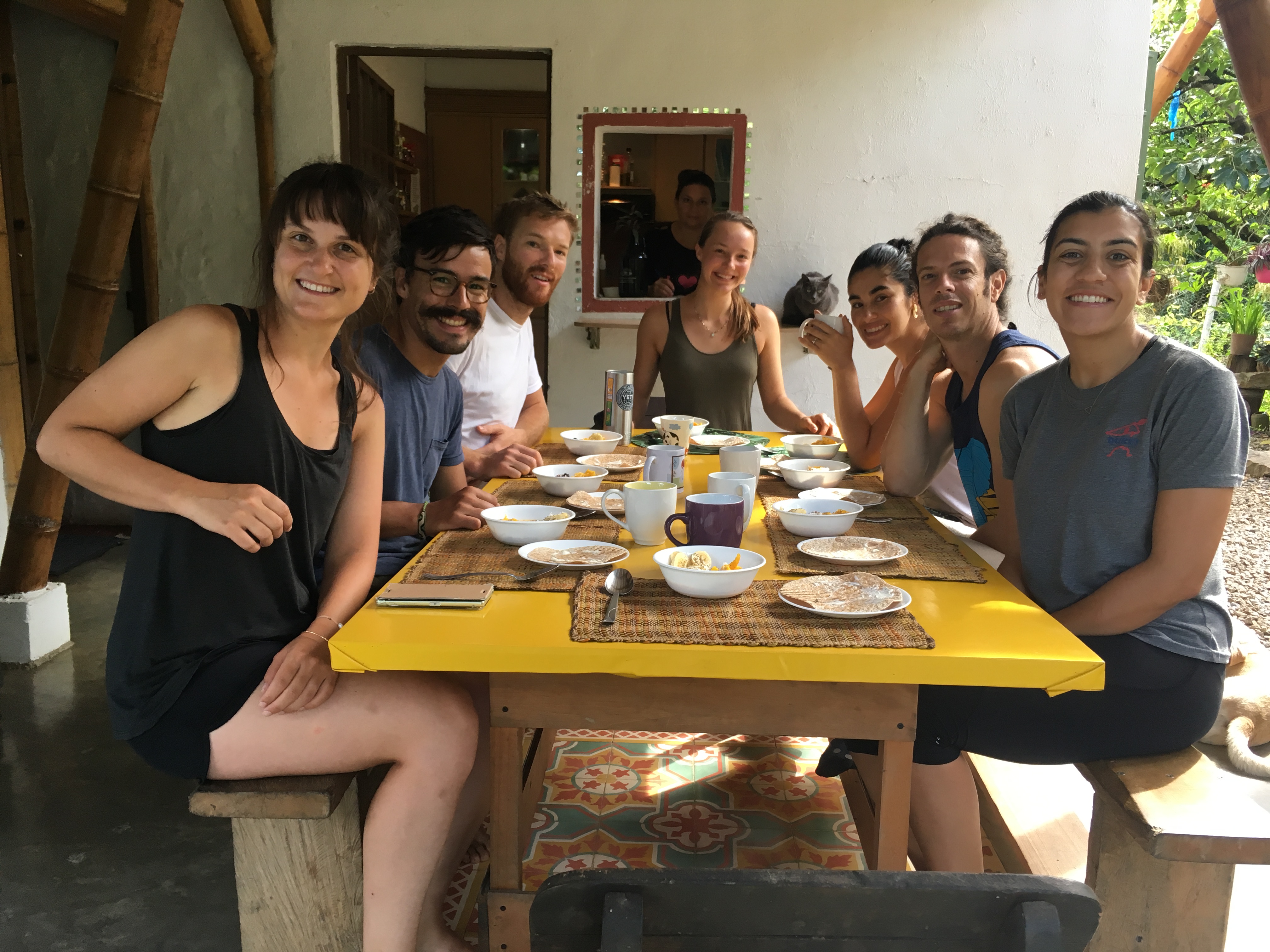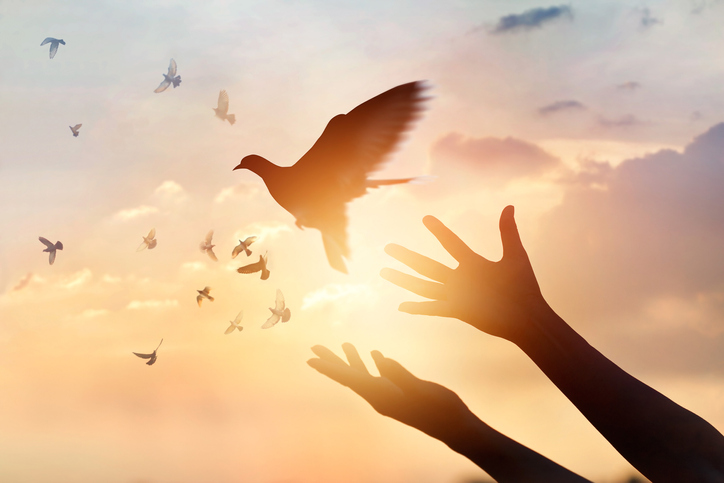While I was working in Singapore, every few months, a strong desire to work on a farm or do manual labor would arise. For some reason, I always felt that the kind of intellectual work I did as a research associate in a university was not real work. I felt that real work involved using my hands. I wanted to feel each cent I was earning, rather than to receive a fixed salary no matter how hard I worked.
So number one on my list when I searched for Workaway opportunities (a low-cost way to travel for those of you who are concerned with cost) was always farm work. I enjoyed my previous Workaway, helping Jeanne and Alex restore Alex’s grandfather’s old home. So I was looking forward to my next Workaway.
In my imaginations, the farm was a place where your sweat nurtured the ground and produced the food you eat to survive. Farming was going back to the basics of life – self-sustenance! There is no work purer than this.
And yes, so one of the places I volunteered at during my travels was a farm near Anapoima, a town near Bogotá, the capital city of Colombia. In May, after a ‘perilous’ bus journey, I spent two and a half weeks in this mango farm, the site of CultivARTE, an eco-center started by Eyal and Natalia.
Farm life followed a fixed schedule. We woke up every morning at 7 am to do our duties. For me, I recorded meteorological data (temperature, rainfall, humidity), fed the chickens, and released Margarita, the donkey from her enclosure, and brought her home in the evening. My farm mates fed the cats and dogs, watered the plants, and swept the area.
At 7:30 am, we went to the hut for our daily session of yoga, led by Eyal. It was my favorite time of the day! Inspired by how good morning yoga made me feel, I bought a mat and continued my morning practice until this day.
At 8:30 am, we went for breakfast, prepared by Sara. And then at 9:00 am, we put on our boots and were ready for work. We took a break for lunch and continued another few hours before we rested for the day.
My work included dealing with plants (picking mangoes, weeding, planting), construction (sanding the bamboo floor to make it smooth, dealing with steel rods to make concrete for bamboo structures) and animals (exterminating chicken fleas and caterpillars, making a new home for the chickens, throwing away rotting mangoes to prevent fruit fly infestations).
Through this work, my rosy picture of farm work shattered. Farm work was tough, and you worked hard. Physical prowess was never my strength. And I struggled with digging channels in the ground to drain off excess rainwater.
And then farm life was interspersed with boredom. After work, there was nothing to do but hang out with the animals and your friends. It was at this farm that I found time to complete and publish my book.
Like most farms, this mango farm was located in the countryside. It is a beautiful place surrounded by mountains. But the nearest town was a 15 minutes ride away. And we only go there once a week to get groceries for the weekend. This made us feel like happy kids on Friday evenings.
In Anapoima, we would stop for empanadas and beer at a bar and then head to the supermarket or pharmacy to get our supplies. It was here where we find the ATM.
I enjoy the solitude and hard work of farm life, but living this type of life made me realize that (even though I so often complain about city life), I was still very much a city girl, used to the convenience of city life. If only I can find my sweet spot between quiet and activity.
I am not good with animals, the way I am not so good with children. I knew it already because my dog back home does not obey me. I don’t have that authority and assertiveness that animals respect. I was unable to command the obedience of Margarita, the donkey (who despite my countless ‘Vamos Margarita! A la casa’ refused to budge), and neither did the chickens obey me when I was tasked to lead them to their enclosure. (I also preferred that chickens run wild and free.)
Another thing I learned about myself was that I was prone to allergies. Back home, the only thing I was allergic to was dust. But out here, I realized I was allergic to insect bites and plant saps. Oh and here there is also the dreaded chicken fleas!
It was here that I was infested with chiggers who made a home in my body. I would have wanted to stay longer in this farm had it not been that I was continually scratching my body, and the only time I stopped was when I took an antihistamine that puts me to sleep. (Since then, antihistamines were added to my medicine bag as another essential.) It was no joke, the itch of chiggers’ bites is way more itchy than those of mosquito bites. And they happen not on exposed skin but where clothing contacts the skin, so on inconvenient places like under the waistbands of your underwear.
I decided to leave the farm to save my skin, and I went to Bogotá to disinfect myself – sending all my clothing for laundry and systematically cleaning my wounds with hydrogen peroxide.
So this farm experience satiated my desire for farm and manual labor. I no longer crave so much to work on a farm.
Sometimes we are taught to rationalize away our strong desires to do certain things, but these cravings keep coming up. What I have learned is if you give in to your desires, they may actually dissipate.
—
Another thing the farm taught me was what family means. As a traveler, who you end up with is your family. It’s just like when we were born, we did not choose our family. So family means learning to live with people who are different from you, accepting and embracing them as your own.
I am so grateful for the people I have met through this farm stay. We worked hard together, cooked for one another, did the dishes, played ‘Cambio,’ and danced together.
On my last weekend there, we went partying. I never partied before because of my more traditional upbringing. And I never learned how to dance. And my family here in Bogota ensured I came to the party with them, held my hands, and moved with my stiff body. We drank beer and aguardiente together.
Many times during my travels, I felt like a teenager all over again.
Thank you my Colombian family (Eyal + Natalia +Sara, Tomek + Rahel, Shane + Elly, Alexis, Manu,Charline + the animals).
Thank you for making a lonely wanderer feel so at home.
